Big not down? Why the unprecedented ad boycott won't shake Facebook.

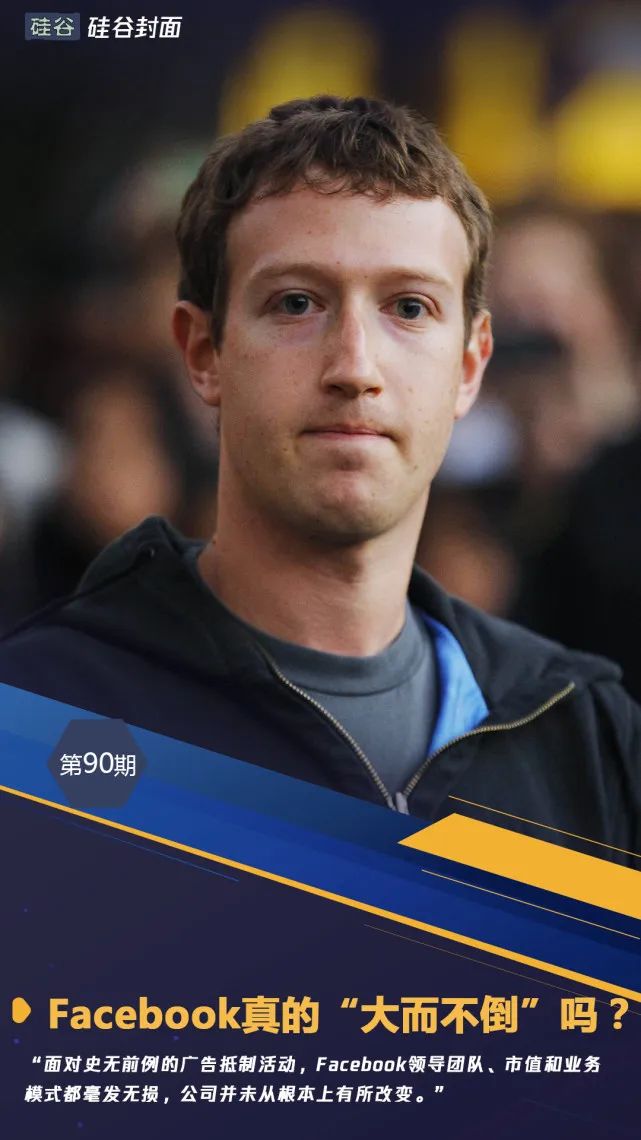
The decision to ignore U.S. President Donald Trump's comments has forced Facebook to face an unprecedented ad boycott, but it hasn't fundamentally changed. As the largest content censor in history, Facebook's leadership team, market capitalization and business model were unscathed. Given its global reach, only cutting off the root causes of using all behavioral data to deliver content can the ills be solved.
Source: Silicon Valley Cover Penguin.
Author:I don't know.
(This article is about 3000 words, read the full article about 4 minutes)
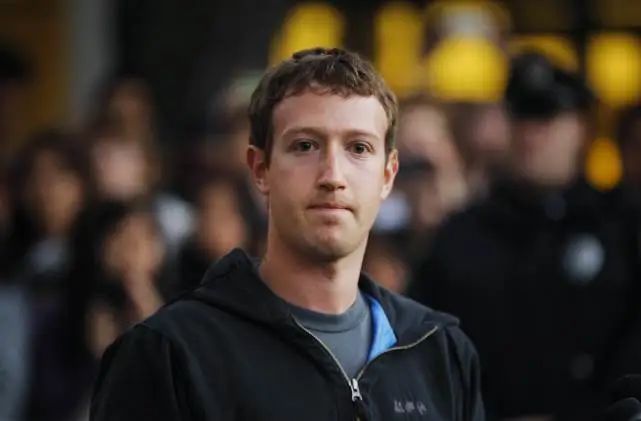
The following is the body of the article:
On the night of July 13, 2013, just hours after florida police officer George Zimmerman shot and killed 17-year-old black teenager Trayvon Martin, black human rights campaigner Alicia Garza logged on to her Facebook account and entered a world-changing phrase: "Black lives are life-changing." (blacklivesmatter. A few minutes later, she posted again: "Black. I love you. I love us, too. Our lives are also. "
While Facebook played a small role in the launch of what may be the biggest movement in U.S. history, it is also a story that Facebook likes to tell when it sets out its case to prove that its own platform has more to do. In October 2019, Mark Zuckerberg, the company's chief executive, touted the origins of the label on Facebook during a speech on free speech at Georgetown University.
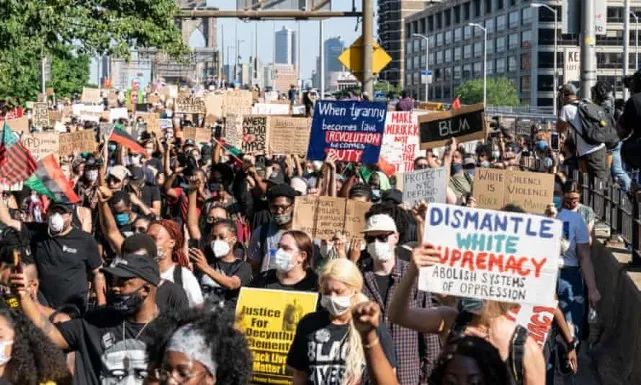
Blacklives matter may be the largest black rights movement in U.S. history.
But no matter how much praise Facebook thinks it deserves, the idea that social media platforms have the power to promote positive social change is gone. On July 8th Black Lives Matter Global Network, a black rights group founded by Garza and two other activists, officially announced its support for a boycott called Stop Hate for Profit. In July alone, more than 1,000 companies stopped advertising on Facebook in a move to protest the social media platform's indifference to hate speech. On the same day, a long-awaited civil rights review accused Facebook of inconsistencies in protecting fundamental values of an equal society, often without a word, and singled out Zuckerberg's speech at Georgetown University as a "devastating" turning point.
The growing boycott and the harshly worded scrutiny are just two manifestations of the growing social consensus that Facebook is not a driver of social progress, but an obstacle to social progress. The criticism comes not only from left-wing activists or rivals, but also from a "community" of Facebook's own and former employees.
Despite the unprecedented scale of the boycott of platform advertising, Facebook seems unlikely to fundamentally change. The company has experienced an existential crisis in the past, but has stood out with its leadership team, market capitalisation and business model intact. "This is not the last straw to crush camels," admits Dipanjan Chatterjee, vice-president and chief analyst at Forrester Research, a market research firm. "
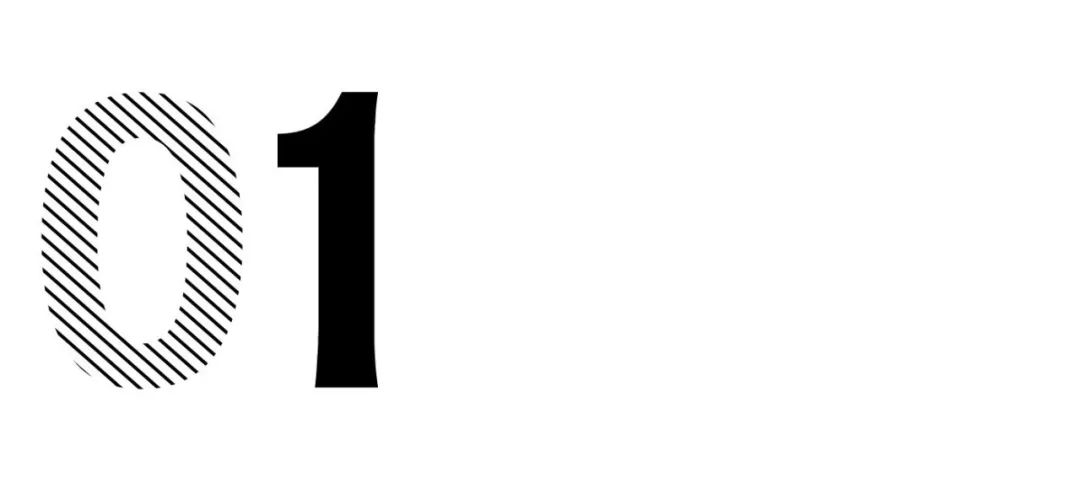
Have too much power.
In 2017, when Facebook came under fire for The election of Donald Trump as president of the United States, the company began to look squarely and issue a new mission statement: "Build communities and bring the world closer together." This summer, Facebook did just that, but creating a diverse alliance of nonprofits and large for-profit companies that has never been the right to do so.
Earlier, as thousands of Americans took to the streets to protest the death of George Floyd, US President Donald Trump caused an uproar when he posted a "robbery, shoot" statement on Facebook. Zuckerberg's decision not to take any action against Trump's posts has become a flashpoint for the Stop Hate for Profit campaign.
Mr. Trump's statement was widely interpreted as potentially inciting vigilante violence. Traditional media have to interpret the content on the historical level and contextualize it. Twitter tagged the statement with a warning to prevent users from inflaming it. But Facebook ignored it. Zuckerberg reiterated his belief: "We should express our views as much as possible unless it poses an imminent risk, a clear injury or a danger." Mr Zuckerberg said the statement was not inflammatory, given Mr Trump's position in the US administration, but rather "a warning of state action". Under Facebook's policy, it allows warnings about state behavior, even though the company has never "clarified" the policy before.
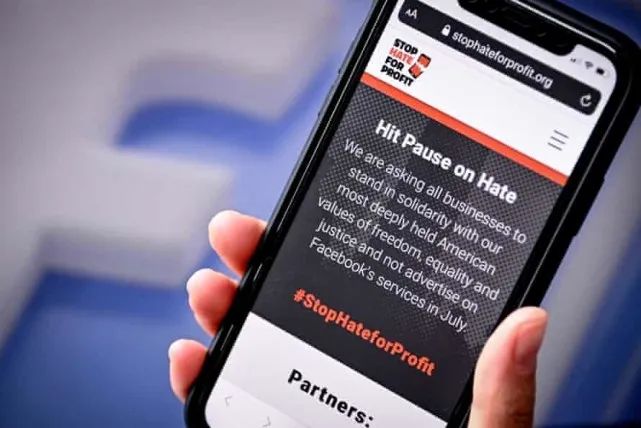
A boycott called Stop Hate for Profit.
Zuckerberg's comments have been attacked and challenged by American civil rights leaders, experts and rights advocates. In Zuckerberg's vision, the most powerful people in the United States pose a higher threat of violence against civilians than the right of civilians to exercise dissent, and so is the way Facebook actually operates. Nick Clegg, the company's executive, announced as early as September 2019 that he would exempt politicians from the review of their own third-party fact-checking process.
This tendency to put Mr. Trump's rhetoric above others continues until the company has always strangely refused to enforce the well-intentioned rule that prohibits votersuppression of the president of the United States, who is explicitly suppressing voters through the platform.
"Increasing free speech is a good thing, but it should apply to everyone," civil rights censors wrote, referring to the policies. "When that means that powerful politicians don't have to follow the same rules for others, a system of speech is formed that privileges certain voices ... Zuckerberg's speech and Clegg's announcement deeply affected our citizens' rights and brought new challenges. "
The censors also noted in particular that Facebook's poor performance in identifying and banning hate groups has been poor. Until March 2019, Facebook also believed that white separatism was not as dangerous as white supremacism, unlike white nationalism. Although Facebook changed its policy, censors seemed disappointed that Facebook continues to define white nationalism too narrowly, and the company has ignored their suggestions for improvementin.
Sheryl Sandberg, Facebook's chief operating officer, is in charge of the review. "Two years has had a profound impact on our culture and the way we think about the world," she said. Sandberg added, "It helps us learn a lot about what we can do better, and we've put many of the recommendations we've reviewed into practice." While we will not be able to achieve every change they have asked for, we will soon put more recommendations into practice. "
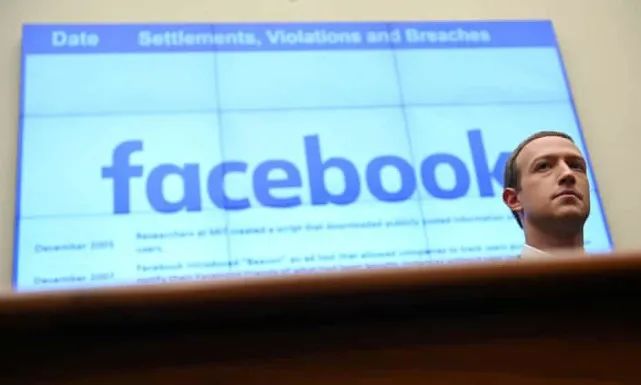
Sandberg and other executives also defended criticism of the company's work on hate speech, saying Facebook had invested heavily in building a system to eliminate hate speech and removing 89 percent of it before it became public. But Jonathan Greenblatt, chief executive of the Anti-Defamation League, said, "Ford Motor Company can't say that 89 percent of the cars it sells have seat belts."
Whether Facebook can find a more consistent way to protect the free expression of the weak and the strong depends entirely on its ability to grasp its role as the biggest censor in history.
"Facebook controls people's expressions more than any organization," said Susan Benesch, an assistant professor at Harvard's Berkman Klein Center for Internet and Society. "They have the task of defining hate speech and other unacceptable speech, which is a great power..."
In fact, while company executives occasionally verbally support the concept of democracy, Facebook is structurally monarchy because Zuckerberg owns a majority of voting companies. On a recent conference call, when asked about the company's decision-making process about Trump's posts, Mr. Clegg's response made it less like a vice president of the company. "For the hardest decision, we have the ultimate decision maker, ceo and chairman and founder Mark Zuckerberg," he explains.
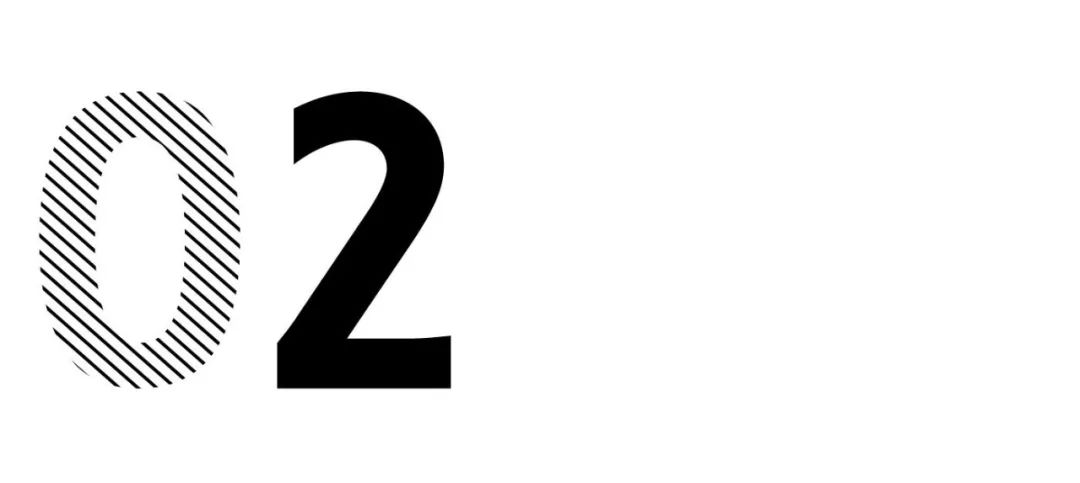
Bottom-up changes.
One of the few concessions Mr. Zuckerberg has made about criticism of his power, including the creation of an oversight committee that will ultimately have the power to veto some decisions related to the deletion of content. But the agency seems in no hurry to get involved in Facebook's handling of Trump's posts. On July 7th the oversight committee responded to calls for intervention, saying it "will not be operational until the end of the autumn".
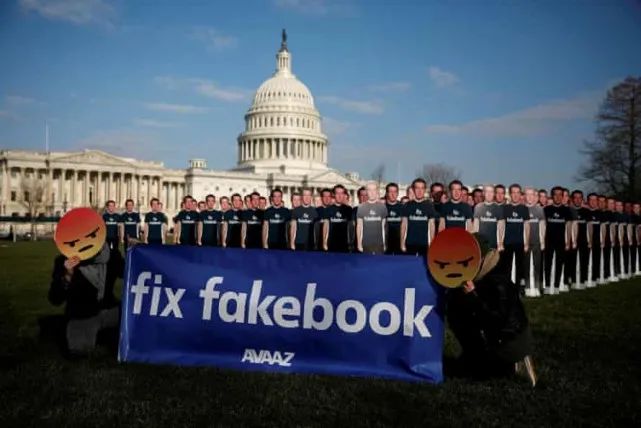
In 2018, an organized campaign to attack Facebook was launched.
Meanwhile, Facebook's share price has recovered from the blow that Unilever took to the ad campaign. This suggests that while the boycott has successfully thrust Facebook into the headlines, it is unlikely to have a lasting impact on the company's finances. Debra Aho Williamson, chief social media analyst at eMarketer, a market research firm, said: "For some marketers who have joined the boycott, there may be some objective reasons that they have planned to quit. "Furthermore, we believe that other advertisers will take advantage of the lower ad prices caused by the withdrawal of some advertisers in July, in fact increasing advertising spending on Facebook."
Forrester analyst Chatterjee agrees. "If you choose to be cynical, it's easy to see how a story about cutting advertising budgets can easily be advertised as hosting social justice," he said. "
Mr Chatterjee also noted that facebook was continuing to consolidate and expand its overseas presence despite "the heavy attack son-in-law in the US" in an earlier $5.7bn deal with Indian digital services provider Jio Platforms. He predicted the investment would give Facebook "unprecedented access to consumers in the Indian market". "In the context of US market sentiment, the boycott is a big deal," he said. But there are other important things to do for Facebook. "
According to Siva Vaidhyanathan, a professor of media studies at the University of Virginia, anti-Facebook activists need to face up to the global impact of social media platforms.
"The most frustrating thing about the growing criticism of Facebook over the past three years has been the over-focusing on facebook's impact on the United States," he said. The U.S. went through a presidential election in 2016. That same year, Rodrigo Duterte won the Philippine election with Facebook, and two years ago Narendra Modi won the Indian election with Facebook. Facebook has a much worse case in many parts of the world than in the United States. "
Mr. Weedjanasan argues that Facebook's ills cannot be solved through top-level oversight, but need to be more fundamentally shifted from the bottom.
"The roots of Facebook have to be touched," he said. "Facebook's roots are that it's a global system that uses all behavioral data to target ads and non-ad content to users.
"Find the roots." If you can cut it off, you almost destroy Facebook. At that time it would be a person to see the site. "
The "Silicon Valley Cover" series is a summary of the tech industry's big curry interviews, blockbuster research reports and in-depth surveys of large companies, and aims to provide tech information enthusiasts with the most thoughtful and high-quality good writing.


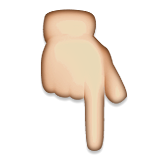

Go to "Discovery" - "Take a Look" to browse "Friends are watching"